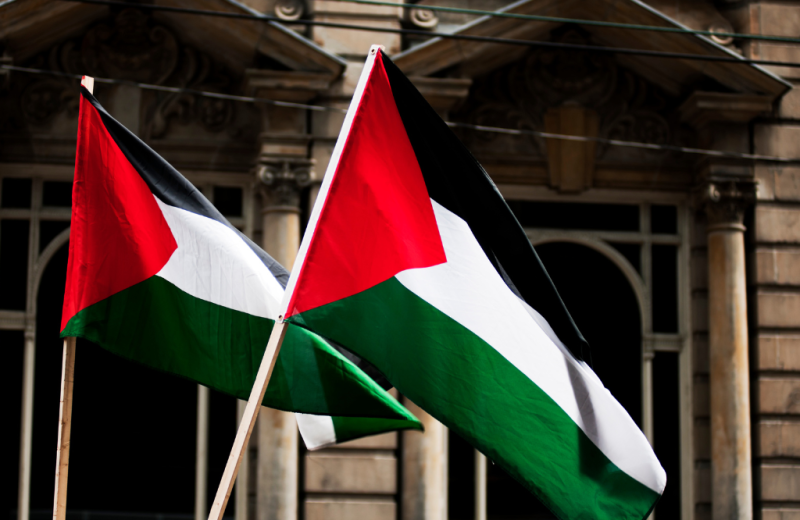
The idea of rehabilitating the Palestinian Authority (PA) was proposed by US President Joe Biden in response to its weakness and to Prime Minister Benjamin Netanyahu’s rejection of its restored rule in the Gaza Strip after the war. Like previous US presidents, Biden regards the two-state solution as an international project vital for regulating Israeli-Palestinian relations and bolstering stability in the Middle East.
The PA was established in 1994 as an outcome of the Oslo Accords, which envisioned it as a temporary body to be replaced by a permanent institution within five years. However, a permanent arrangement was not achieved, leaving the PA a “temporary” institution for over three decades, thereby contributing to its increasing weakness. While the Authority bears great responsibility for this weakness, it is not solely and accountable for the erosion of its standing. Israel, its Oslo Accords partner and main backer, has ignored the PA since 2009, clearly intent on dismantling it and rejecting all dialogue options. The PA today is an enfeebled body, lacking legitimacy and the capacity to enforce its authority and provide services for its people.
Reconstituting the PA would entail a lengthy process of reorganization, rehabilitation, and training to adapt its governance to the post-war era. Such a transformation would also necessitate the election of a new leadership that enjoys public legitimacy, enabling it to impose authority and enforce law and order. The PA will have to shed its corrupt image, proving that it can conduct its affairs transparently and use its tax revenues and international aid for the public good rather than the personal interests of its cronies. The education system will require revamping to rid it of anti-Israel content, and the judicial system will require restoration of its independence to provide a recourse for Palestinians seeking justice and protection from government arbitrariness. Israel must actively take part in the renewal process by outlining a real political horizon, declaring the PA a dialogue partner, and its existence as a vital interest. This commitment will require Israel to expand cooperation with the PA, unfreeze PA funds, coordinate measures to boost its economy, carry out confidence- building initiatives, and approve and coordinate reforms to strengthen its international standing.
An efficient and functioning PA is crucial to preserving Israel’s identity and security. The rehabilitation of the PA is feasible, as evidenced by its operation for over six years under the leadership of Prime Minister Salam Fayyad, which won Israeli and international praise. In 2012, the World Bank even ranked it higher than some established states in terms of the ease of doing business. A PA that undergoes the necessary reconstruction and reorganization could help Israel achieve security, take responsibility for the 5 million Palestinians living in Gaza and the West Bank, and form the basis for a lasting resolution of a century-old conflict.


